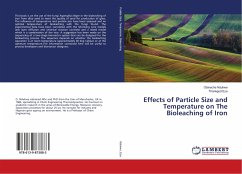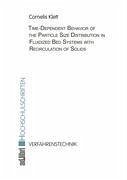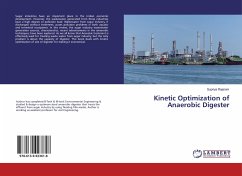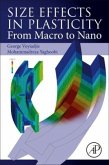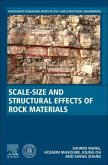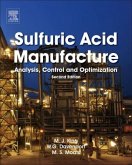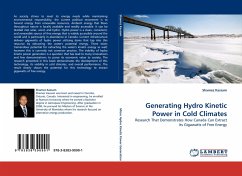This book is on the use of the fungi Aspergillus Niger in the bioleaching of iron from silica sand to meet the quality of sand for production of glass. The influence of temperature and particle size have been assessed and an optimal temperature of bioleaching with the fungi found. The experimental data have been correlated with the Shrinking core models (ash layer diffusion and chemical reaction controls) and a mixed model which is a combination of the two. A suggestion has been made on the sequencing of a two-stage bioreactor system that can be designed for the bioleaching process. The sequence depends on whether the bioleaching operation is at room temperature (approximately 30 deg Celsius) or at the optimum temperature.The information contained here will be useful to process developers and bioreactor designers.
Bitte wählen Sie Ihr Anliegen aus.
Rechnungen
Retourenschein anfordern
Bestellstatus
Storno

